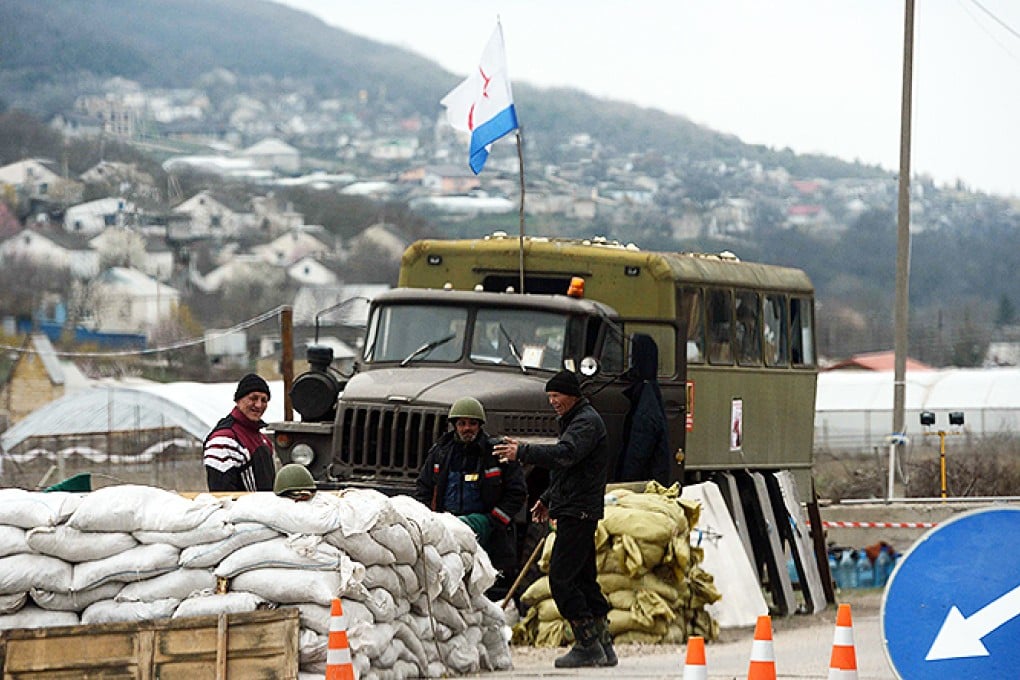Putin will find it hard to do as he likes in Ukraine
Robert Patman says defying global opinion carries a price in today's world

It is a truism that an appropriate policy response to a crisis situation requires a clear and accurate understanding of the circumstances that caused it.
US Secretary of State John Kerry recently characterised Russia's incursion into Crimea as "a 19th century act in the 21st century" while President Barack Obama described it as a move that put Moscow "on the wrong side of history".
For many critics in the West, such statements only confirm that the Obama administration does not "get it" and is largely to blame for Russian President Vladimir Putin's aggression. It is argued that Obama's reset policy towards Russia - consisting of muted responses to Putin's human rights abuses and support for murderous regimes like Syria's - emboldened Putin's foray into Ukraine.
But such criticism falsely assumes America can single-handedly run the world in the 21st century and keep the likes of Putin in line. If Putin insists on making a misjudgment, there is little the US or any other major player can do.
Even so, the US and its allies can and should harness the links of a globalised world to ensure the costs of Putin's brazen attempt to force Ukraine into a satellite status are prohibitive.
Putin's belligerent stance cannot but have negative consequences for Russia's stability. Russia is too weak and vulnerable economically to project strength. Economic growth is currently less than 2 per cent, and the economy is dangerously dependent on oil and gas exports.
If the EU imposed sanctions and stopped Russia's gas supply to Europe, for instance, Moscow would lose a substantial portion of its export revenues and the economy would be devastated.